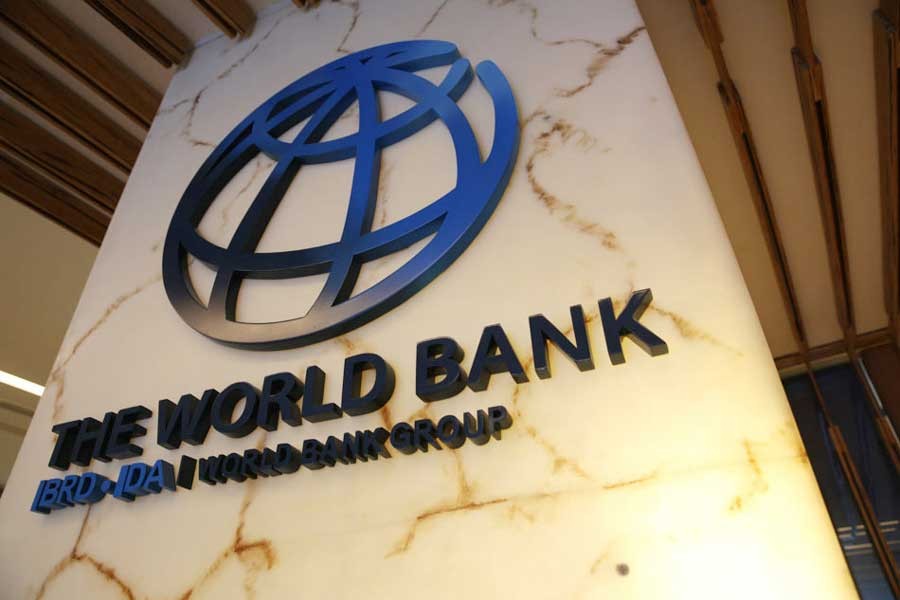Global economic growth is projected to recover to 2.5 per cent in 2020, up slightly from the post-crisis low of 2.4 per cent registered in 2019, but downside risks persist, the World Bank said on Wednesday.
In its newly-released semi-annual Global Economic Prospects report, the World Bank said this projected recovery could be stronger if recent policy actions, particularly those that have mitigated trade tensions, lead to a sustained reduction in policy uncertainty.
Growth in emerging market and developing economies is expected to accelerate to 4.1 per cent in 2020 from 3.5 per cent in 2019, while growth in advanced economies is estimated to slow to 1.4 per cent in 2020 from 1.6 per cent in 2019, in part due to continued softness in manufacturing, according to the report.
"Nevertheless, downside risks predominate, including the possibility of a re-escalation of global trade tensions, sharp downturns in major economies, and financial disruptions in emerging market and developing economies," the report said.
The report estimated that US economic growth will slow to 1.8 per cent in 2020 from 2.3 per cent in 2019, reflecting the negative impact of earlier tariff increases and elevated policy uncertainty.
Growth in China is expected to moderate to 5.9 per cent in 2020 from 6.1 per cent in 2019 amid a slowdown in labour productivity growth and continued external headwinds, according to the report.
"A permanent and lasting resolution of trade disputes with the United States that builds upon recent progress could bolster China's growth prospects and reduce reliance on policy support," the report said.
The report also noted that the recovery in emerging market and developing economies is not envisioned to be "broad-based", as about a third of emerging market and developing economies are projected to decelerate this year due to "weaker-than-expected exports and investment".
Even if the recovery in emerging and developing economy growth takes place as expected, per capita growth would remain well below long-term averages and well below levels necessary to achieve poverty alleviation goals, the report said.
"With growth in emerging and developing economies likely to remain slow, policymakers should seize the opportunity to undertake structural reforms that boost broad-based growth, which is essential to poverty reduction," Ceyla Pazarbasioglu, vice president for Equitable Growth, Finance and Institutions at the World Bank Group, said in a statement.
"Steps to improve the business climate, the rule of law, debt management, and productivity can help achieve sustained growth," she added.


